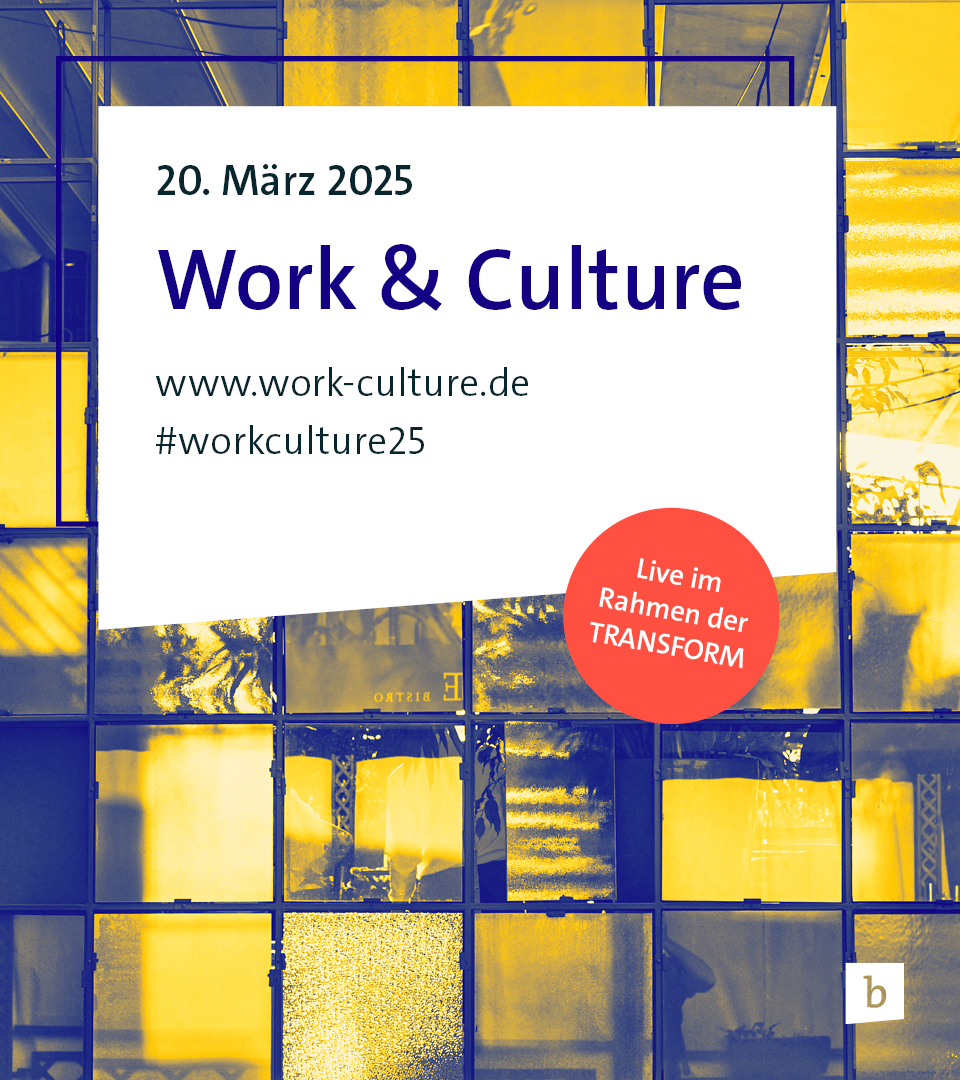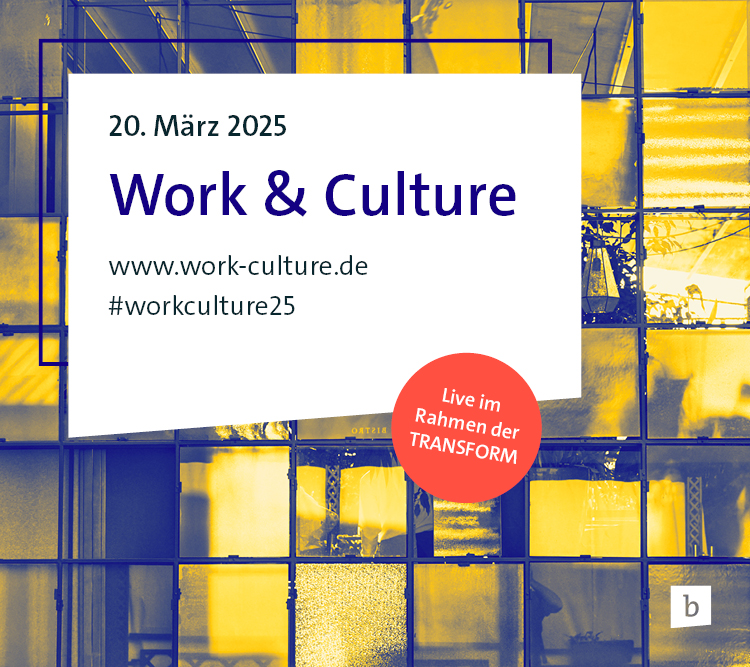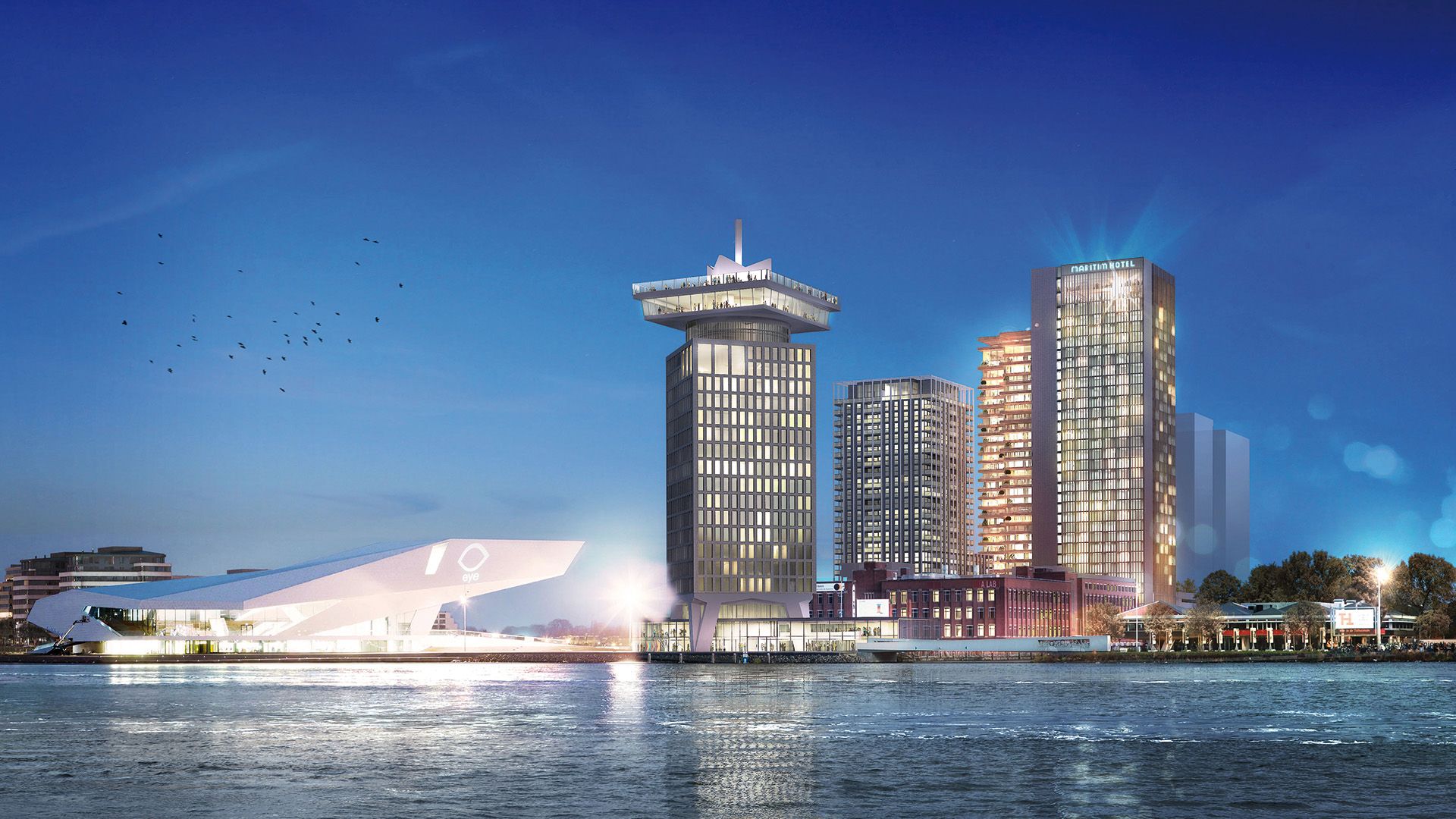
Conference Hotels
The demand is increasing
After construction delays, the Maritim Hotel Amsterdam is opening this year. It offers 579 rooms and suites as well as a sky bar and an adjoining congress centre with 18 halls for more than 4,400 participants. Photo: Team V Architecture, a visualisation by Zwartlicht
After construction delays, the Maritim Hotel Amsterdam is opening this year. It offers 579 rooms and suites as well as a sky bar and an adjoining congress centre with 18 halls for more than 4,400 participants. Photo: Team V Architecture, a visualisation by Zwartlicht
Experts predict a significant recovery for the conference hotel industry compared to 2024, a challenging year characterised by geopolitical uncertainties and rising costs. AI tools can increase efficiency. The MICE industry once again proves to be extremely robust. A look ahead.
One thing seems certain: European destinations are still considered attractive for conferences and congresses. This applies not only to metropolises in the UK, Spain, Italy, France and Germany, but also to smaller cities that are likely to continue to establish themselves on the market with a price-performance ratio that can be described as favourable and unique offers between luxury hotels and the low-budget segment.
Overall, business development in the hotel industry is largely viewed as positive, as demand for travel continues to pick up worldwide. However, growth in RevPar (revenue per available room) in the European hotel industry is likely to slow from a mid-single-digit rate in 2024 to a low single-digit rate in 2025, according to the US agency Fitch Ratings. The inflationary rise in costs is also putting pressure on margins.
It seems that the conference hotel industry stands to benefit from the ongoing growth in business travel. As per UN Tourism, the tourism sector has almost recovered to pre-pandemic levels, and with Europe experiencing a growth of 1% compared to 2019, the outlook for 2025 is optimistic. This growth, combined with strong regional demand, bodes well for the conference hotel sector, which thrives on business travel and event hosting. With business travel dynamics likely to remain robust, conference hotels may see an increase in demand for their meeting and event services.
Would you like more insights on how this trend could affect the conference hotel industry specifically?
Movement in new segments
In addition to the luxury segment, there are opportunities in the extended-stay sector. This segment is growing as hoteliers prioritise leaner operations and guests prefer a mix of business and leisure. Hospitality groups such as Accor, Wyndham and Hyatt have entered the upscale extended-stay segment and are increasingly active there. Although the demand for sustainable solutions with more personal encounters for event guests is increasing, the conference hotel industry is sharpening its profile with another aspect: hybrid and live continue to run in parallel at events, whether on a large international or smaller regional scale. Hybrid conference offerings have become a matter of course in the MICE sector. Both individual and chain hotels are adapting to this, have the appropriate technology available or have concluded partnerships with corresponding providers.
Streaming formats increase efficiency
The range of event options within the hotel portfolio is becoming more extensive - hotels with smaller rooms can also benefit from this and expand the maximum number of participants on site thanks to the new streaming formats. "Hybrid event formats and live formats will continue to exist in parallel," says Lisa Mager, Head of Convention Sales Leonardo Hotels Central Europe. Leonardo Hotels Central Europe only added the Hotel Berlin Potsdamer Platz by Leonardo Hotels to its portfolio at the beginning of the year. The former Crowne Plaza is now being renovated, remodelled and included in the carefully curated Leonardo Limited Edition as The Posthouse Berlin. Business travellers and conference guests will then have eight meeting rooms at their disposal.

Photo: Leonardo Hotels Central Europe
"Hybrid event formats and live formats will continue to exist in parallel."
Lisa Mager, Head of Convention Sales Leonardo Hotels Central Europe
The NYX Hotel Rome is expected to open at the end of June 2025 with almost 300 rooms, a bar and restaurant as well as a spa and fitness area. Meetings and events can be organised in rooms for up to 100 people. The NYX Hotel Leipzig Brühl by Leonardo Hotels is also currently under construction in Leipzig city centre, which is recommended for both conference guests and city travellers thanks to its spacious conference area. According to Lisa Mager, the opening is planned for 2026. The existing Leonardo Hotels portfolio is also being continuously renovated and modernised, including the Leonardo Royal Frankfurt. The spacious meeting area over three floors has been equipped with modern technology. All 15 meeting rooms have daylight. The highlight of the event area is the Tower Room on the top floor at a height of around 100 metres. The Hotel Berlin Köpenick by Leonardo Hotels, an existing property, will also be extensively renovated this year and integrated into the NYX Hotels by Leonardo Hotels lifestyle brand. Lisa Mager: "The stylish atmosphere full of art and design should help to turn meetings into inspiring events. There is plenty of space for this: 14 meeting rooms for up to 300 people, with natural daylight and direct access to the terrace." In Mannheim, the former Leonardo Royal has been stylishly renovated and is now part of the Leonardo Limited Edition as the Hotel Mannheimer Hof. The nine light-flooded conference rooms have already been completely renovated and equipped with new conference technology.
Sustainability as a permanent trend
In terms of architecture and furnishings, Leonardo Hotels focuses on flexible, multifunctional room concepts that can be quickly adapted to different event formats. Lisa Mager points out another aspect: "Leonardo Hotels has developed a sustainable food concept for conference guests - with fresh, revitalising dishes, a wide range of vegetarian and vegan options and power breaks to counteract low energy levels." In terms of technology, the hotel chain uses modern equipment for hybrid events and digital tools, including event apps that guide participants through their event. Under the umbrella of Accor Hotels, new openings with capacity in the MICE sector are planned in several segments in 2025. According to press spokeswoman Tamara Schwarz-Speckbacher, these include the takeover of a hotel in Zurich, which will reopen as Mama Shelter, and an Ibis style in Neckarsulm. Extensively planned renovations are also likely to be of interest, including the conference area at the Novotel Zurich Airport, the Novotel Hamburg Alster and the Hotel Ibis Wien Mariahilf. In general, Tamara Schwarz-Speckbacher names three major topics for the current year: "In the F&B sector, these are regionality and supply chains and routes, as well as a generally increased awareness of the carbon footprint." She also sees a trend towards spacious, open-plan spaces, sustainable building materials and the integration of intelligent, environmentally friendly technologies. The trend towards sustainability is emphasised by the intention to avoid the use of non-renewable resources wherever possible.
Digitalisation and artificial intelligence
Digitalisation and artificial intelligence (AI) are increasingly coming into focus. Many people are sceptical about this development, but Accor sees it in a positive light: "AI in particular can improve the guest experience and offer hoteliers considerable added value by promoting innovation, improving personalisation and increasing operational efficiency. Accordingly, we are using AI to further develop our entire hospitality experience." In the operational area, this is achieved, for example, through AI-driven room occupancy forecasts, and in the area of personalisation through the use of generative AI to create more intuitive search functions for bookings or tailored interaction with guests.
Artificial intelligence in the hotel industry
In future, AI-supported systems will enable us to automate booking processes, personalise interactions with guests even better and respond more quickly to customer enquiries. In addition, digital solutions can help with inventory and resource management and thus optimise the entire hotel operation. The integration of such technologies is therefore crucial to ensure the competitiveness and future viability of conference and congress hotels in an increasingly digital world.
Im Focus: Individualität
Under the motto "Incentives, Inspiration and Music", the Avani Frankfurt City Hotel will be offering customised conferences in future with its new MICE concept. The former NH Collection Hotel is the first German hotel of the Avani Hotels & Resorts brand. It is now launching an inspiring MICE concept that picks up on the hotel's style: urban comfort, modern design and Frankfurt's role as the techno capital of the 1980s. The music theme is now also reflected in the five newly renovated meeting rooms and the coffee break area. Flexibly usable conference rooms with names such as "Rave", "Electro" or "Groove" offer space for up to 140 people and the setting for workshops, training courses, themed evenings and team-building activities.
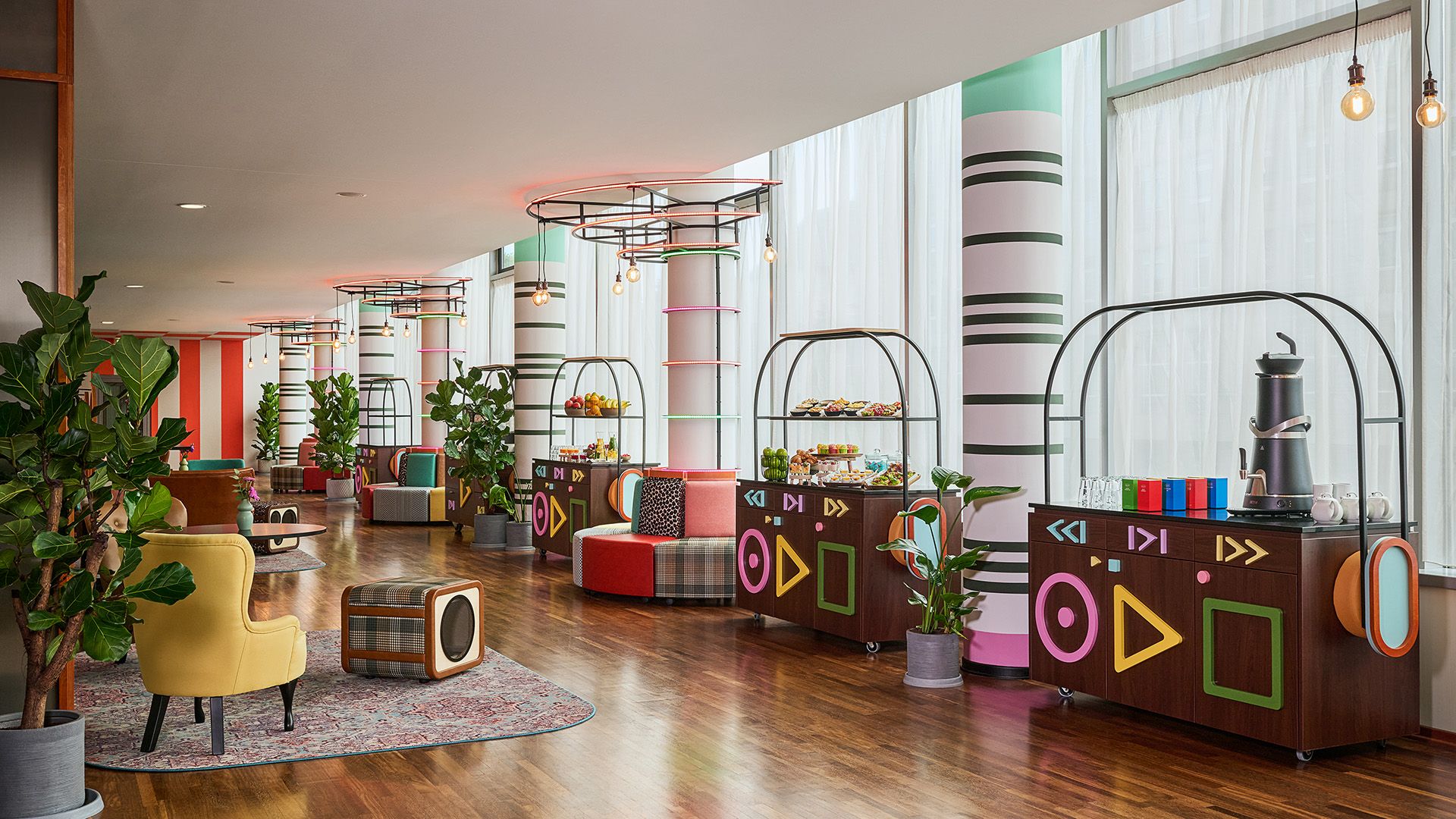
"Incentives, inspiration and music" - the motto for meetings at the Avani Frankfurt City Hotel can be experienced in the five renovated conference rooms and the coffee break area. Photo: Minor Hotels
The new MICE concept includes the basic "Connect" package as well as the two customised upgrades "Boost" and "Create", which can be booked in addition. As extras, two selected programme items can be booked as separate incentives: the Silent Techno Walking Tour through Frankfurt and the Techno Painting Workshop with live DJ, which takes place in the Avani Bar The Pantry. "At Avani, we don't just create spaces for conferences, we design experiences that leave a lasting impression," explains Markus Lindenberg, General Manager of the Avani Frankfurt City Hotel. According to Colin Lenz, Senior PR & Communications Manager, Northern Europe Minor Hotels Europe & Americas, Avani Hotels & Resorts, which was launched by the Minor Hotel Group in 2011, is benefiting overall "from the implementation of a standardised MICE strategy for the entire brand portfolio. Our company has turned the MICE segment into a success story, fuelled by the remarkable growth of our Meetings & Events division." Colin Lenz describes the topic of sustainability as "equally important" at all conceivable levels, from the expansion of the e-charging infrastructure and vegetarian and vegan F&B offerings to sustainable waste management and the focus on particularly sustainable suppliers. He also points to the increasing importance of AI in becoming more customer-friendly and efficient: "The MICE Channel Manager offers us numerous opportunities to optimise and increase efficiency through automation. The tool significantly reduces the amount of manual work involved in processing meeting and group bookings by automating tasks such as availability checks and data entry."
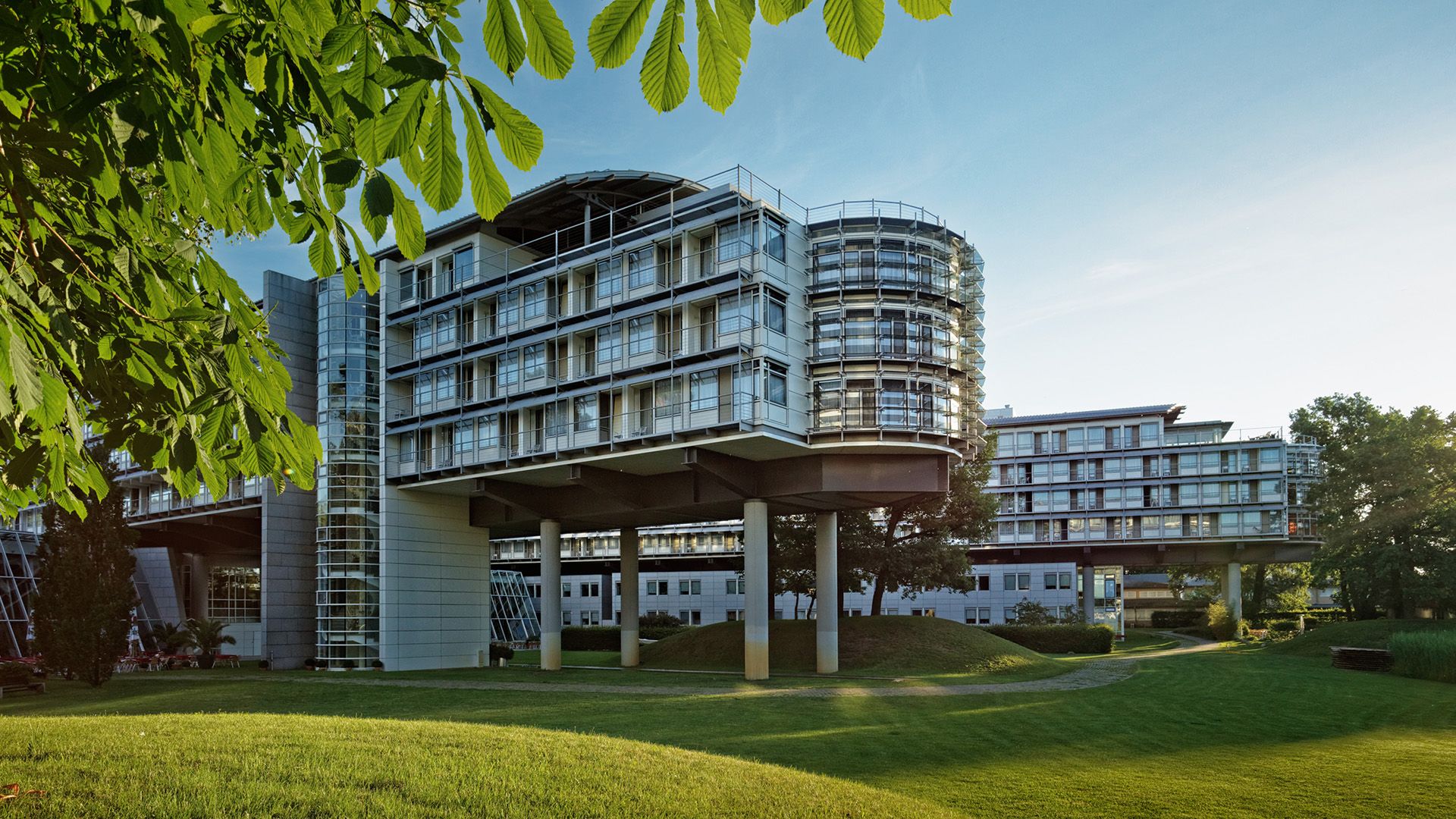
The 452 rooms at the Kongresshotel Potsdam are being modernised and structural air conditioning measures implemented. Photo: Kongresshotel Potsdam
Development in the portfolio
The Kongresshotel Potsdam continues to focus on the ongoing development of the location. Around half of the 452 hotel rooms in the building ensemble on Lake Templin have already been modernised. According to Managing Director Thomas Zabel, structural air conditioning measures are also being implemented while the hotel is in operation, but in such a way that "our guests generally don't notice the measures. This will increase the quality of our guests' stay and maintain our competitive position on the hotel market in the metropolitan region." A hybrid classroom for around 30 people is also planned, equipped with the latest video and sound technology so that external participants feel as if they are there live. At the same time, the technology should enable better interaction between the participants in the room and those digitally connected. "Digitalisation and customised AI processes are key components of our strategy to continuously improve the guest experience. With our digital CI/CO and the digital guest journey, we are creating seamless and convenient processes - from booking to check-out. Our website chatbot currently supports guests around the clock with their requests." In future, a telephone bot will enable guests to receive information directly by telephone, clarify enquiries quickly, forward calls in a targeted manner and also make room bookings.

Photo: Kongresshotel Potsdam
"Digitalisation and customised AI processes are key components of our strategy to continuously improve the guest experience."
Thomas Zabel, Managing Director Kongresshotel Potsdam
PR Director Harriet Eversmeyer speaks on behalf of the Maritim Hotelgesellschaft based in Bad Salzuflen: "Following construction delays to the opening of the Maritim Hotel Amsterdam, the first guests are now checking into what is now the largest Maritim Hotel this year. It is 110 metres high and not only offers 579 rooms and suites as well as a sky bar, but also an adjoining modern conference and congress centre with 18 conference rooms for more than 4,400 visitors." The largest conference hall can accommodate up to 2,200 people. Several new digital systems are currently being introduced at the Maritim Hotels to make guest contact even more customer-orientated. "With the help of data analysis, employees can, for example, gain insights into seasonal trends, plan rooms more effectively and generally make more informed decisions, which leads to greater operational efficiency and higher guest satisfaction," says Roland Elter, Managing Director of Sales and Marketing at Maritim Hotelgesellschaft, explaining the benefits of the new property management system (PMS) and event management systems. A good third of Maritim Hotels are already using the new AI-supported PMS system.

Photo: Maritim Hotelgesellschaft
"By analysing data, employees can gain insights into seasonal trends, plan rooms more effectively and generally make more informed decisions, which leads to greater operational efficiency and higher guest satisfaction."
Roland Elter, Managing Director Sales and Marketing at Maritim Hotelgesellschaft
In our sights: B and C destinations
Welcome Hotels is presenting a new opening at a new, previously underestimated location: in early summer, a hotel with 198 rooms is due to open in Gelsenkirchen, directly next to the Veltins Arena, the venue of football club FC Schalke 04. For events, it will offer nine flexible conference rooms with natural daylight and modern technical equipment. For Marius Reuther, Senior Business Development & ESG Manager at Welcome Hotels, Gelsenkirchen has "developed into an attractive tourist location that attracts business travellers, meeting and conference guests as well as leisure travellers". Welcome Hotels focuses on B and C destinations in Germany and operates leisure and business hotels in the 3 and 4-star superior category. The group's expansion strategy is linked to a comprehensive sustainability concept. The "Welcome Green Concept" plays a special role in promoting environmentally and health-conscious events. The Welcome Hotel Gelsenkirchen is also set to receive the "Green Sign" sustainability certification once it opens.
Keyword price sensitivity
The trend shows that holistic concepts that inspire guests are particularly in demand. "Savings & sustainability" are new, relevant buzzwords. Some customers are planning smaller meetings or hybrid formats in order to save costs and work more sustainably. The location is often more important than a hotel brand or category. The 4- and 5-star market is currently feeling this the most. It becomes inefficient when hoteliers undercut prices and compete with 2- or 3-star hotels. There is widespread agreement on this: Price alone is not the decisive factor. Event organisers are increasingly paying attention to the price-performance ratio and are prepared to invest more for added value such as modern technology, sustainable F&B concepts, quality and service or innovative room solutions. Flexibility is also an advantage here, as they need to keep an eye on their budgets. "There is room for manoeuvre, provided we educate them accordingly and present arguments, from increasingly sustainable offers to a modernised product with a smart design and set-up," concludes Tamara Schwarz-Speckbacher.
Petra Mewes
New for our international readers:
For the first time, we are offering an English version of our magazine in addition to the German edition. The translation was made with the help of AI and is currently in the test phase. We’d love to hear your feedback on this new service!
